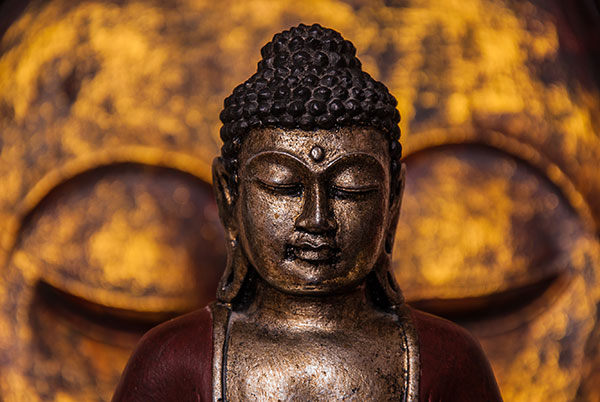
Do You Want Religion AND Tolerance? Try Buddhism
- By Alison Lesley --
- 25 Feb 2015 --

These days, religion often gets associated with attitudes of discrimination; however, studies find Buddhism is exceptional at promoting tolerance.
There have been numerous studies done on religion with findings that connect religiosity with physical and mental health. Others found that religion can give you a stronger need to help others. However, other pieces of research have linked a strong sense of religiosity with prejudices, particularly against those the group looks on as “outsiders”. Magali Clobert, a postdoctoral researcher of Stanford University, and her research team wanted to get to the bottom of this. Their recently published their findings include some remarkable correlations between attitudes of tolerance and Buddhism.
Buddhism and Tolerance
Clobert and her team report that Buddhism may improve selfless behavior and tolerance of others. The beliefs of Buddhism “activate both universal pro-sociality and, to some extent … tolerance of people holding other religious beliefs or belonging to other ethnic groups.” The research team performed three experiments to determine if this is truly the case.
The Studies
The first experiment consisted of 116 Western Buddhist converts who had joined in Belgium. They were given one of two word searches, each containing different terms. One had Buddhism-related terms, while the other had 10 positive words that weren’t related to religion. Once they had completed the word search, they filled out prejudice-related polls. “After being primed with Buddhist words, participants reported lower explicit negative attitudes toward all kinds of out-groups,” said the research paper.
The second experiment had 122 participants in the form of undergrads from National Taiwan University. 8.5% of these students were Buddhists while the rest were atheists. They were given a “lexical decision task” that held one of three types of words: Buddhist terms, Christian terms or neutral terms. Upon completion, they took 2 association tests to show underlying prejudice against Muslims and Africans before completing surveys to determine their psychological traits, like authoritarianism. This experiment found that “exposure to Buddhist concepts, compared with neutral and Christian concepts, activated decreased ethnic and religious prejudice,” especially for those who are less authoritarian.
These results are very similar to an experiment conducted with 117 French-speaking Belgium University students, most of whom were Catholic or atheist. The students responded positively to Buddhist phrases and terms.


















